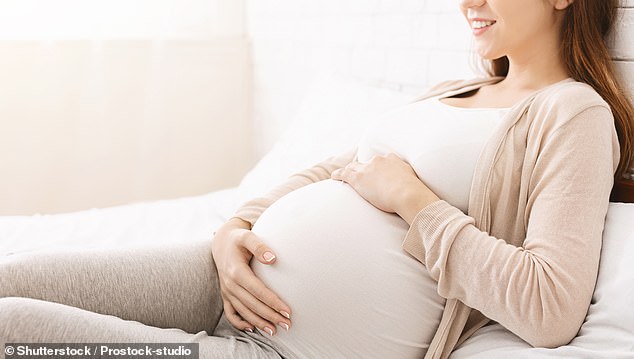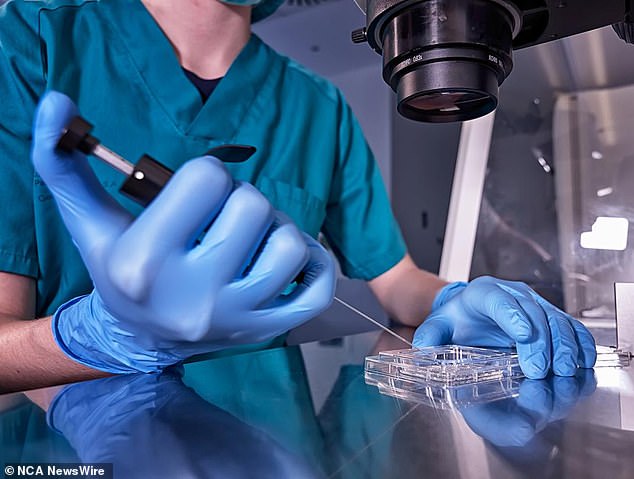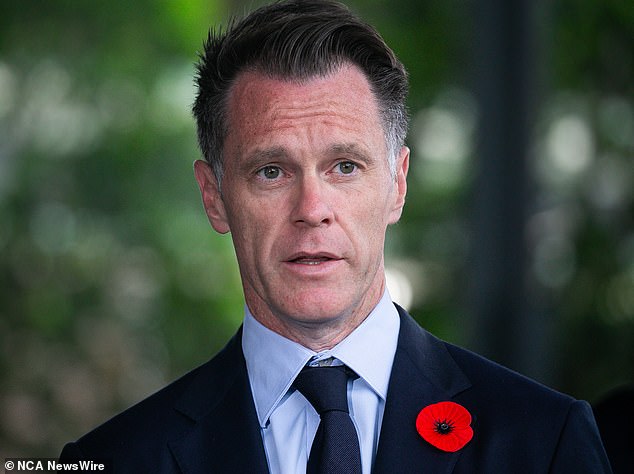Parenthood will become more difficult for thousands of New South Wales residents as an Australian-first scheme to help boost fertility rates is scaled back in a matter of months.
The Coalition introduced fertility treatment reimbursement in January 2023 and has provided more than 14,000 women in New South Wales with a one-off cash payment of $2,000 for IVF treatment.
The New South Wales Labor government has announced it is vastly reducing who is eligible for the rebate because it was costing them too much.
“The previous government set up the program in January 2023, just before the election campaign, the real tragedy is they didn’t put money into it,” said New South Wales Premier Chris Minns.
“We looked at the scheme and thought it was really worth it… but the number of people who applied for the scheme far exceeded what the government could afford.”
A means test will now be carried out and applicants will now only be eligible if they have a family tax benefit or have a healthcare card or collectively earn less than $116,000 per year.
“That’s the equivalent of $58,000 per person, about $25,000 less than a teacher’s starting salary,” said opposition leader Mark Speakman.
“This is a cruel and distressing blow to the thousands of women and their partners who relied on this benefit to support their dreams of having a family,” Mr Speakman said.
A single round of IVF can cost between $6,000 and $12,000, depending on the treatment required and the individual’s type of insurance coverage.
Minns government to tighten criteria for NSW government IVF reimbursement scheme

The treatment program had already provided more than 14,000 women with cash payments that would go toward IVF treatment.
Opposition health spokeswoman Kellie Sloane criticized the amendment, saying it could have “potentially transformative consequences for thousands of hopeful parents”.
“Chris Minns is now asking many women to make an impossible choice: pay household bills or pursue their dream of having a baby,” she said.
National fertility clinic Adora Fertility said the changes add “just another hurdle for those trying to realize their dream of becoming parents.”
“Our goal is to give all Australians the option to access affordable fertility treatments,” said chief executive Vanessa Ferguson. ‘Given that the minimum wage in Australia is just under $50,000 a year, eligibility for the rebate will be limited to people on low and middle incomes and, as we know, infertility can affect anyone.
In New South Wales, one in seven couples face fertility problems, and one in 16 children is conceived and born through IVF.
In addition to the eligibility changes, the New South Wales government announced it would more than double funding for fertility treatment reimbursement.
According to New South Wales Health Minister Ryan Park, the initial $24 million in funding for fertility treatment was increased after “the previous government… ran out of funds after being overfunded.” subscription in less than the four years planned”.
“This is already an incredibly challenging and expensive experience for these families, so the refund will help alleviate some of the financial burden on eligible beneficiaries,” Mr. Park said.
‘The NSW Government’s $52.2 million investment in fertility support is part of the NSW Government’s $130.9 million Family Startup Package, which aims to help families across New South Wales with cost of living pressures.

In June, the New South Wales government announced it would double its funding for fertility support for low- and middle-income people and reduce eligibility for the one-off rebate.
‘The New South Wales Government is committed to easing cost of living pressures by helping low to middle income people who are trying to start or grow their families.
‘This is already an incredibly challenging and expensive experience for these families, so the refund will help alleviate some of the financial burden on eligible beneficiaries.
“By introducing an income eligibility test, it ensures that repayment can continue and reach those families who need financial support most.”
Park confirmed the NSW government would continue to monitor acceptance of the refund.

